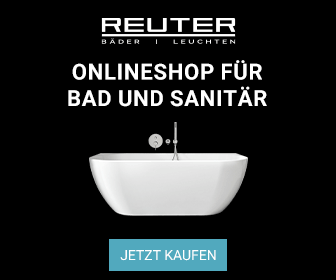
Sometimes it’s hard to believe what officials can come up with to check compliance with the law. A furry new case is causing frowns in many places.
“There – another false declaration.” This or a similar scenario is how one can only imagine the 131 inspections carried out by the Federal Food Safety and Veterinary Office FSVO last winter.
Exactly 6,632 fur products were checked by the over-zealous officials in small and large stores, and even on the Internet, as the FSVO announced in a new media release reviewed by muula.ch
The industry is namely implementing the recent declaration obligation, which came into force since April 2020 after a revised ordinance – ‘only inadequately’ – complained the officials.
Laughing or crying?
At that time a declaration obligation had been introduced to clearly label products as ‘real fur’ and to describe more clearly the historic production method, i.e. the methods of both rearing the animal or catching it. This was intended to better inform consumers.
While some can hardly contain themselves with laughter when reading the media release, believing that it must be a joke, the message mostly causes a lot of head shaking.
Two thirds wrong
The mere fact that not everyone has the same understanding of what terms like “clear” and “clearer” from the regulation are supposed to mean is irritating, at best.
This was told to us by the owner of a fur store, in confidence to muula.ch, when he was asked about the sense of these regulations and controls. Finally, he said, there is the sales consultation, where everything is explained.
Penalties due to trifles
Now, in two-thirds of the outlets inspected, the designations had been objected to because of incorrect or ‘missing’ information, the FSVO added.
In almost 90 percent of the cases, however, those responsible had corrected the complaints in a timely manner, officials explained. This means that the FSVO itself controlled the processing of the inspections.
In 10 cases, however, injunctions had been issued and in one case criminal proceedings had even been initiated.
Riding on individual cases
About 73 percent of the 6,632 fur products checked were correctly declared anyway, the communiqué revealed. In the other cases, declarations were missing or the origin and production were incorrectly stated.
But almost half of all complaints concerned declarations regarding fur collars on jackets, it continued. So, it is a luxury problem.
Office holds firm
At first, however, it is simply astonishing what some officials can occupy themselves with all day. The fact that almost half of the errors apparently concerned fur collars on clothing illustrates that in that regard the rules are not clear for all stores.
But – the agency doesn’t see it that way. “The FSVO has not noticed any significant improvement in the declaration of furs and fur products since the introduction of controls in 2014, despite more precise regulations,” the civil servants criticized.
Tightening the noose
Therefore, the FSVO announced further controls over stores and on the Internet for the upcoming winter season 2022/23. Enforcement will be tightened, with the authority increasingly checking and fining, officials warned. So they will go out to the shops even more than the 131 times and will distribute more fines.
Brave citizens must wonder whether these civil servants are not overshooting the mark. Certainly, the shortcomings are not great for customers.
Both eyes closed
But many more important laws and regulations – be it in mandatory basic health insurance, for example – are interpreted rather loosely in this country, as muula.ch recently reported on the case of a small health insurance company.
Those responsible for major offenses in Switzerland receive no fines at all, or hardly any, if, for example, some health insurance companies, as in the case of the CSS Group, do not meet the legal requirements for solvency at all.
Customers turn a blind eye
The leverage to achieve improvements through controls should be greater in the Swiss health care system, for example, than whether a fur collar comes from a tanuki, arctic fox or a coyote.
And besides, according to the fur seller, there is another important aspect. The main consumers of such fur products in Switzerland are rich customers from Eastern Europe – who can rarely even read the little labels anyway.
14.10.2022/kut./ena.






